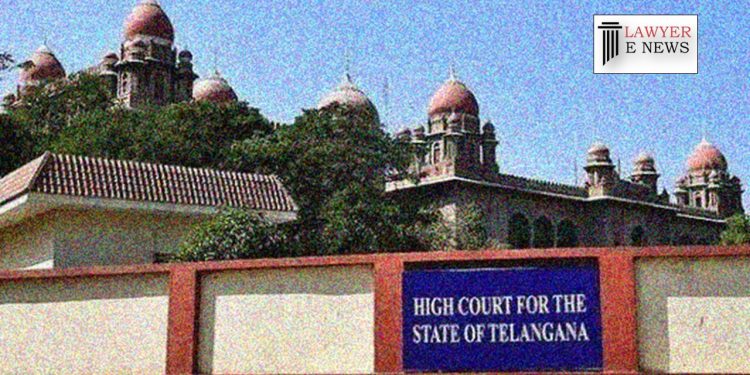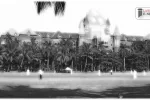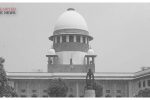Adoption Severs Ties with Family of Birth, Adopted Child Becomes Coparcener of Adoptive Family – Hyderabad High Court

In a significant ruling, the Hyderabad High Court has clarified the legal implications of adoption under the Hindu Adoptions and Maintenance Act, 1956. The court, comprising Honorable Mr. Justice P. Naveen Rao, Honorable Mr. Justice B. Viaysen Reddy, and Honorable Mr. Justice Nagesh Bheemapaka, delivered a landmark judgment on 27th June 2023, providing clarity on the rights and obligations of an adopted child.
The case involved the interpretation of proviso (b) to Section 12 of the Hindu Adoptions and Maintenance Act, which deals with the effect of adoption on coparcenary rights. The court examined previous conflicting opinions, analyzed authoritative legal texts such as Mayne’s Hindu Law and Mulla on principles of Hindu Law, and considered relevant Supreme Court decisions to arrive at its conclusion.
The court unequivocally held that upon adoption, the child severs all ties with the family of birth and becomes a coparcener of the adoptive family. The judgment emphasized that the adopted child transplants into the adoptive family, relinquishing rights and obligations associated with the family of birth, including inheritance and the performance of rituals.
High court stated, “On adoption, the child ceases to be coparcener of the family of his/her birth and foregoes interest in the ancestral property in the family of his/her birth.” The court clarified that only property already vested in the child in the family of birth would be saved by proviso (b) to Section 12. This includes property acquired through self-acquisition, will, inheritance, or as the sole surviving coparcener.
The judgment highlighted the importance of distinguishing between unspecified coparcenary interest and property already vested. It rejected the notion that an adopted child is divested of property upon adoption, criticizing the concept of adoption as civil death and a rebirth. Instead, the court affirmed that adoption is a process of transplantation into the adoptive family.
The court’s ruling brings much-needed clarity to the legal status of an adopted child and the rights and obligations associated with adoption. It provides a definitive interpretation of proviso (b) to Section 12 of the Hindu Adoptions and Maintenance Act, resolving conflicting opinions from various high courts.
This landmark judgment by the Hyderabad High Court is expected to have a far-reaching impact on adoption-related matters across the country. It reaffirms the legal position that adoption severs ties with the family of birth, establishing the adopted child as a coparcener of the adoptive family.
Date of Decision: 27th June 2023
Anumolu Nageswara vs A.V.R.L.Narasimha Rao






